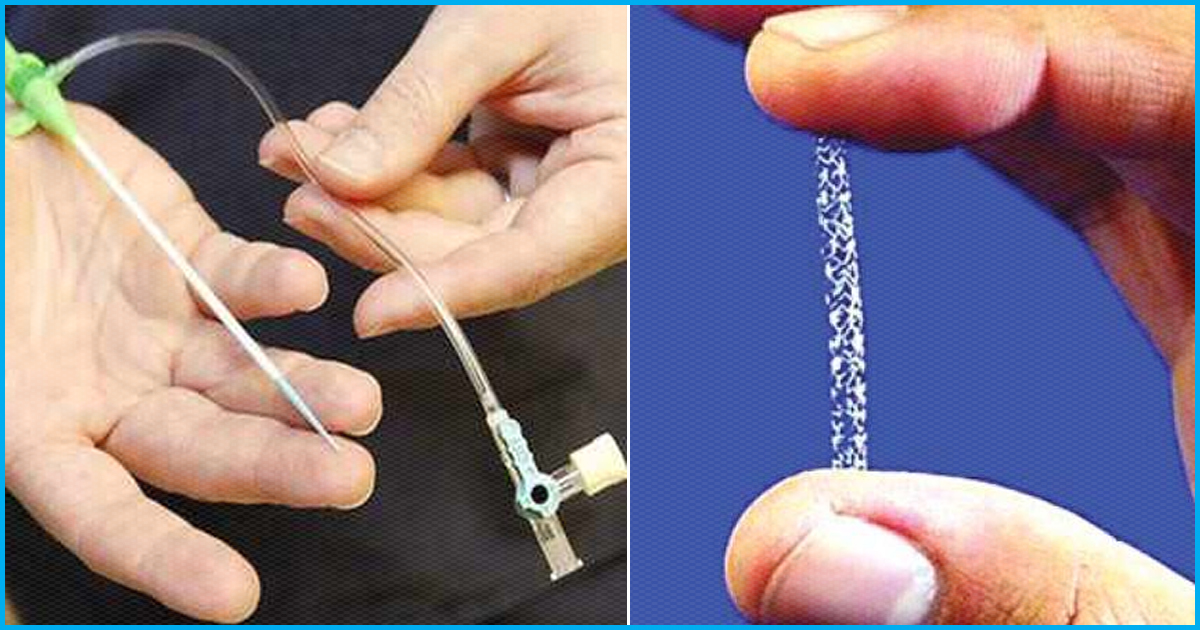
Made In India Stents Just As Good As Their International Counterparts, Study From Germany Shows
15 Nov 2018 1:32 PM GMT
A 10-year follow-up study has concluded that Made-In-India stents are just as good as its foreign counterparts. This weakens the argument made by several trans-national firms who claimed higher prices for their products saying they are “better in performance”.
Analysis based on a 10-year follow up study
For the study, the cardiologists at the German Heart Centre in Munich, Germany examined 2,603 patients for over a decade, as reported by Deccan Herald.
One of the three types of stents were given to patients. These three types were – Yukon Choice PC made by Indian firm Translumina at its Dehradun and Hechingen (Germany) plants, Xience manufactured by Abbott and Cypher produced by Cordis Corporation. It may be noted that the Cypher is a relatively older version of drug-eluting stents as compared to Yukon and Xience.
After a gap of 10 years, 1,827 patients out of the 2,603 are alive. The mortality rate among the group of patients using these three different stents showed much variation.
Among the three, Yukon and Xience performed at par with each other with risk reduction at 18% and 21% and mortality risk reduction at 18% and 22% respectively. Both these type of stents performed significantly better than Cypher.
Moreover, Yukon also showed the lowest rate of definite or probable stent thrombosis (a serious long-term complication caused due to drug-eluting stent), as compared with Xience and Cypher.
Capping of prices of cardiac stents
The NPPA (National Pharmaceutical Pricing Authority) capped the prices of cardiac stents (used in angioplasty procedure for heart patients) in February 2017. The authority set a ceiling of a bare metal stent to Rs 7,260 and drug-eluting stents and bioresorbable vascular scaffold/ biodegradable stents to Rs 29,600.
This decision came after the Delhi High Court asked the government to take immediate steps responding to a Public Interest Litigation (PIL) filed by Advocate Birendra Sangwan. The PIL was seeking price control of stents since many people can not afford what could probably be life-saving surgery due to high prices of stents.
A year later, the cost was further reduced by about Rs 2,200, bringing down the price to Rs 27,890.
Also Read: A Lawyer’s Fight With Hospitals Has Led To A Decrease In Heart Stent Price By 400%
 All section
All section













